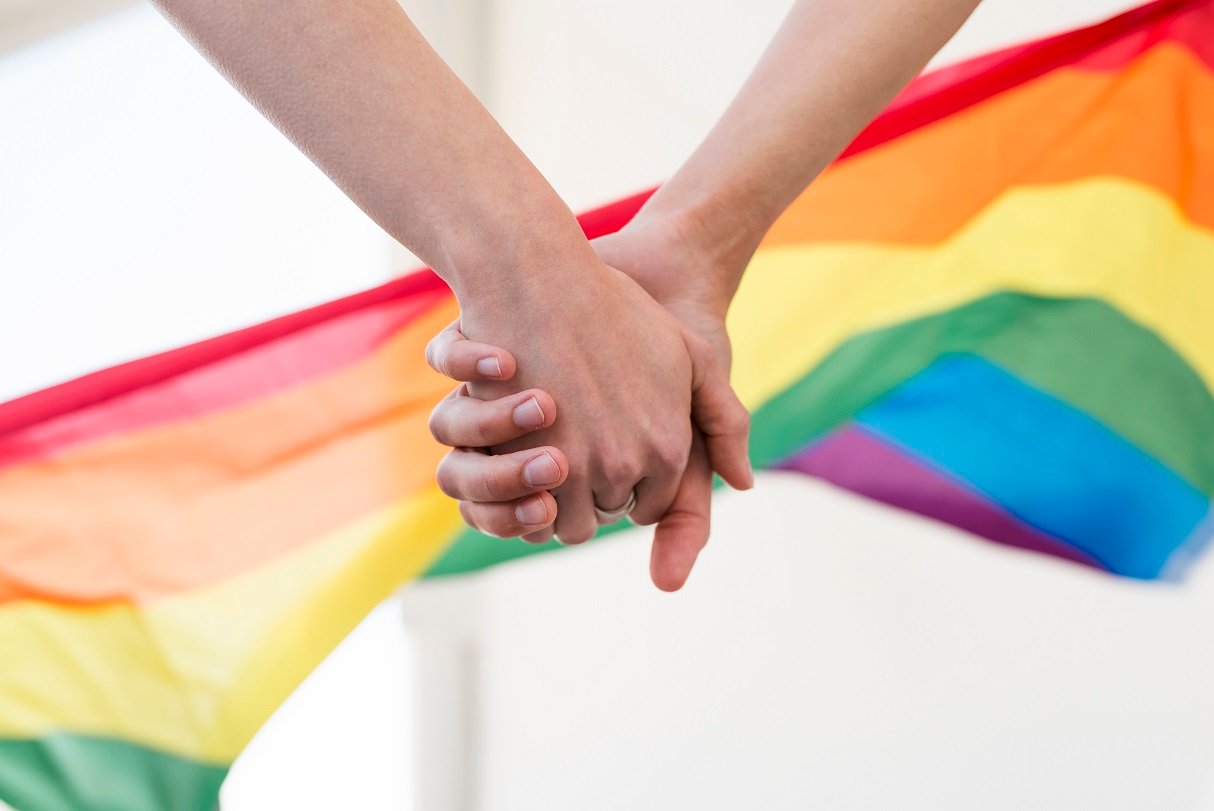The Supreme Court will on Monday take up a bunch of petitions seeking legal recognition of same-sex marriages.
The petitioners feel that the next logical progression to the decriminalisation of homosexuality is marital rights. Since marriage in India among minority communities continues to be driven by their personal laws, the recognition of same-sex marriages has also been sought under community-specific laws, most notably under the Hindu Marriage Act (HMA).
That in and of itself would be an impediment given that other religions continue to look at homosexuality as unnatural or sinful. Some petitioners feel that the wording of HMA is gender-neutral. No, where it is mentioned that only a man and a woman can marry. It only requires two Hindus to get married. Although it is called the Hindu marriage act, it is a misnomer given that under Hindu philosophy, marriage is a sacred union and the concept of divorce is totally alien.
The ruling BJP government, on its part, has made it clear that legislation around the inclusion of the LGBTQ community in the institution of marriage can only be made by the Parliament because it represents the mandate and the trust of the people at large.
The institution of marriage is under assault due to several reasons. Divorce rates are at an all-time high. Marital laws as they exist today need reform. Once the LGBTQ community comes under the ambit of legal marriages, they automatically sign up for skewed laws like the highly misused domestic violence law, divorce laws, etc. Marital rape is still not a recognized crime. It’s not as if LGBTQ couples would not encounter these problems.
The LGBTQ must be provided a clean slate to aid their union. It is not uncommon to read stories about Hindu gay couples taking “saat phere” when the families of the couple are progressive and they accept the relationship. Such instances are made possible not by the intervention of the Court but by the changing mindset of society. And we should leave it to the communities to take these decisions and evolve organically instead of superimposing so-called progressive and ill-thought-out judicial activism.
What the court must restrict itself to is recognizing the need for a life of dignity and equality for the LGBTQ community, which has already happened with the legalisation of their relationship. The needs of homosexual and heteronormative relations will also be different. Under the current laws, be it domestic violence or divorce laws – women tend to disproportionately take advantage of the loopholes. In case of divorce, who gives alimony? Because the idea is that a woman who bears the child is entitled to be looked after by her husband. In the case of LGBTQ, such gendered treatment is not required. Similarly, how do you divide the property of a homosexual couple who decides to separate?
Whether they should be allowed to adopt or not is also a matter of debate. We still do not have enough evidence to show the impact of upbringing by same-sex parents on children.
The LGBTQ community might be chasing the chimera of marriage today because it is denied to them. But there is no denying that the institution of marriage is failing today. The LGBTQ community is blessed because they get to redefine the concepts of civil union and what it means to cohabit with a person under the same roof sans all the things that are ugly and lopsided about marriage.
It is unfair then for them to carry the baggage of the punishing marital laws – be it DV Act or divorce laws into their life. They should have the opportunity to define partnership and cohabitation, and spousal rights that are customized to their needs.

















